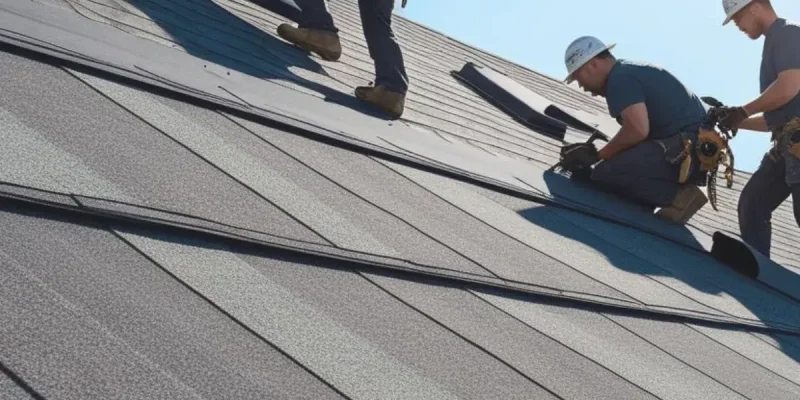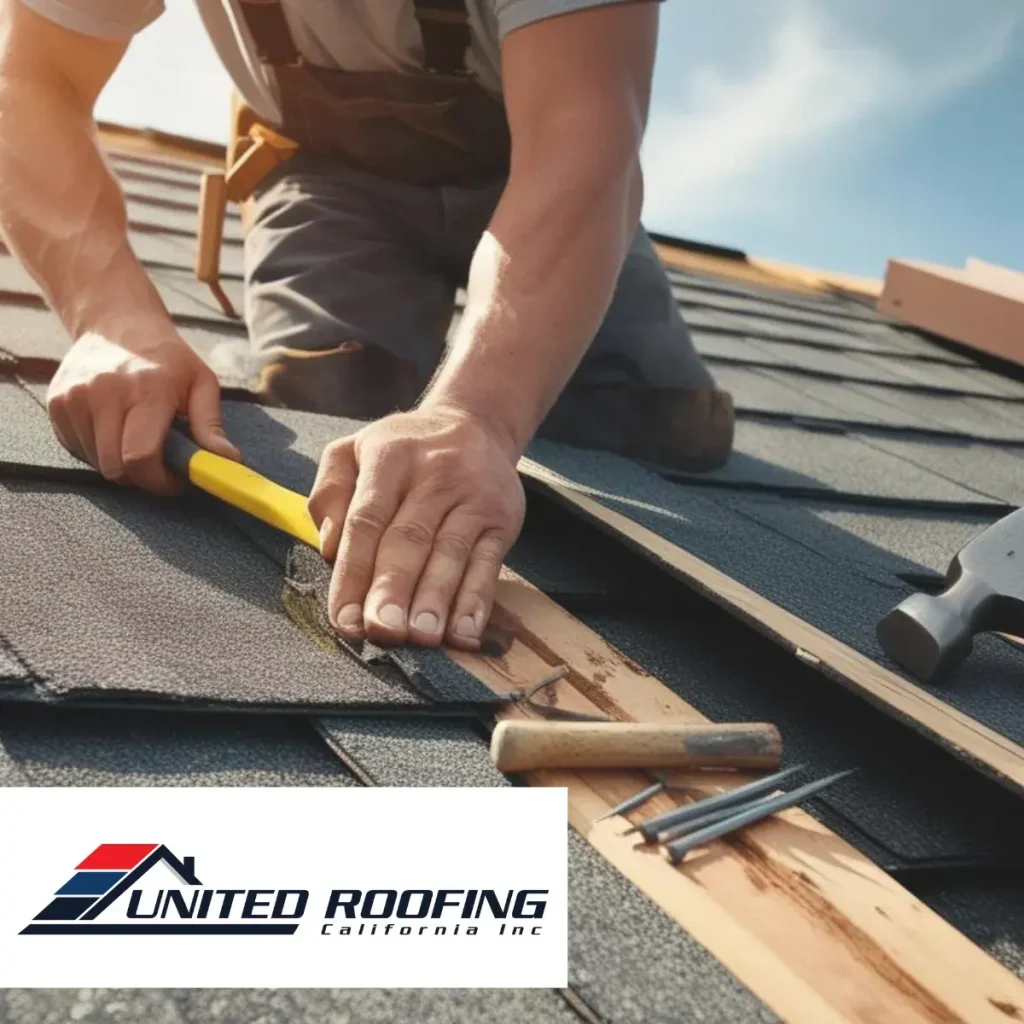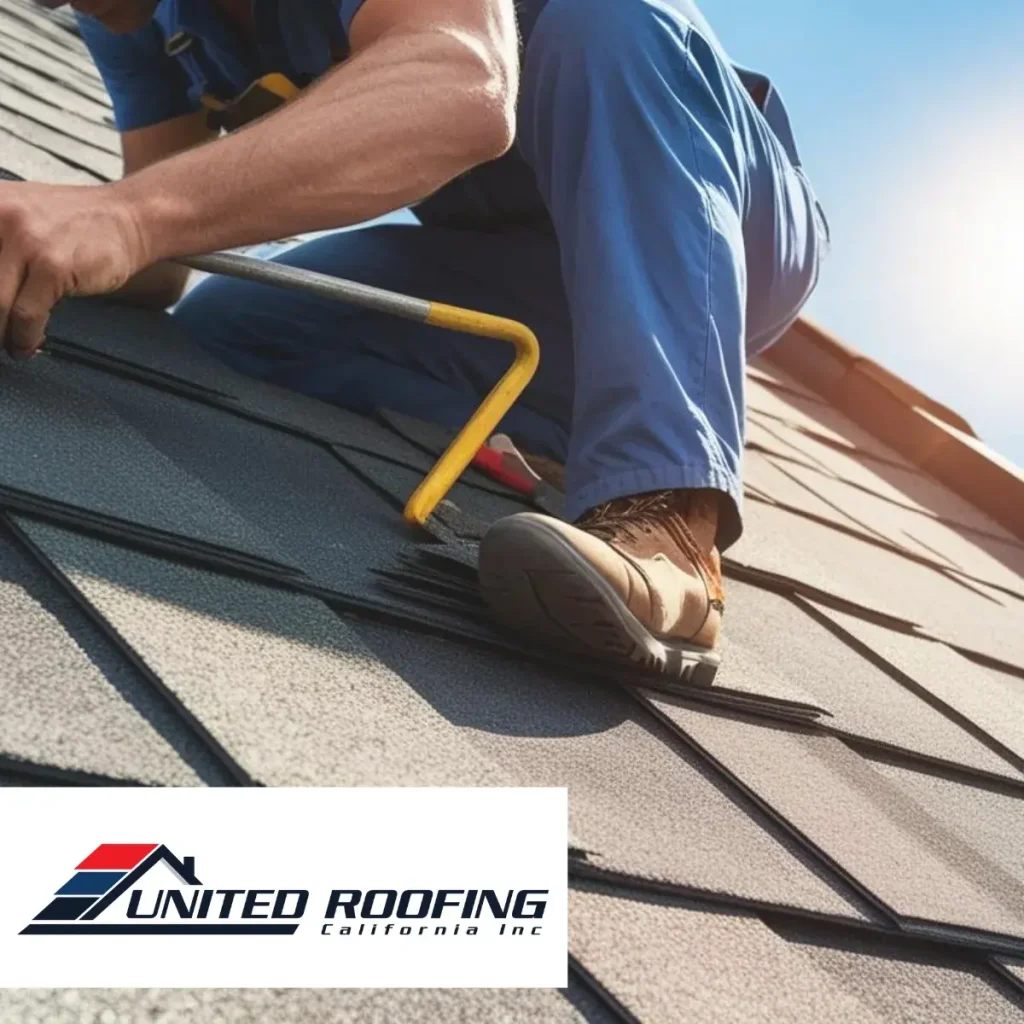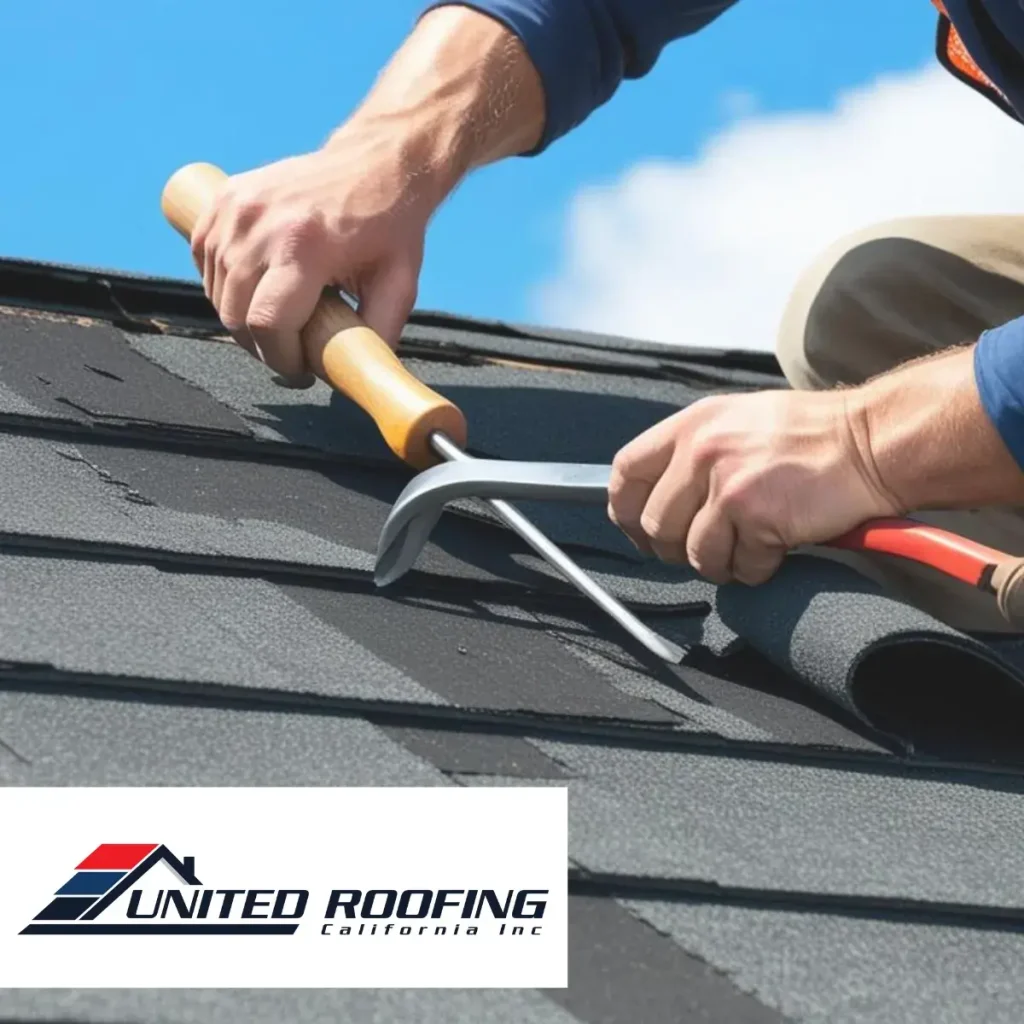Investing in a new commercial roofing system is not just about enhancing building performance—it can also provide financial relief through valuable tax benefits and government incentives. For business owners, understanding these opportunities can make a big difference in maximizing the return on investment. When planned strategically, a commercial roofing installation can align with both budget planning and long-term energy savings.
Accelerated Depreciation Under Section 179
One of the most significant advantages for commercial property owners is the ability to deduct roofing expenses using Section 179 of the IRS tax code. Traditionally, capital improvements like roofing had to be depreciated over several decades. However, recent updates allow eligible businesses to deduct qualifying roof upgrades in the year the work is completed. This accelerated depreciation reduces taxable income and frees up capital for other improvements or reinvestments. Working with an accountant ensures your project is structured to meet IRS eligibility requirements.
Energy Efficiency Incentives and Local Rebates
Energy-efficient roofing systems can qualify for a range of incentives at the state, federal, and utility levels. Cool roofs, which reflect sunlight and improve thermal performance, are often rewarded with rebates or credits depending on your location. Some municipalities and utility companies offer programs that encourage building owners to install reflective membranes, additional insulation, or integrated solar solutions. By choosing a commercial roofing system designed to lower energy consumption, you not only reduce monthly utility bills but may also benefit from financial assistance during installation.
LEED Certification and Long-Term Value
Businesses pursuing LEED (Leadership in Energy and Environmental Design) certification can use roofing upgrades to gain valuable points toward their sustainability goals. A qualifying commercial roof may contribute to enhanced energy efficiency, reduced urban heat island effect, and improved indoor comfort. While LEED certification itself doesn’t offer direct tax deductions, it can lead to indirect financial rewards, such as higher tenant satisfaction, increased building valuation, and eligibility for green building incentives tied to local development grants or tax credits.
Consulting Experts for Tax-Smart Roofing Projects
To fully leverage available tax benefits, it’s essential to collaborate with both financial advisors and experienced roofing professionals. Roofing contractors familiar with commercial compliance and incentive programs can help select materials and methods that support eligibility for credits and deductions. Meanwhile, your accountant or tax consultant can ensure documentation and timing align with current laws. This coordinated approach makes your roofing investment not only a functional improvement but a smart financial move with lasting impact.
Learn More





